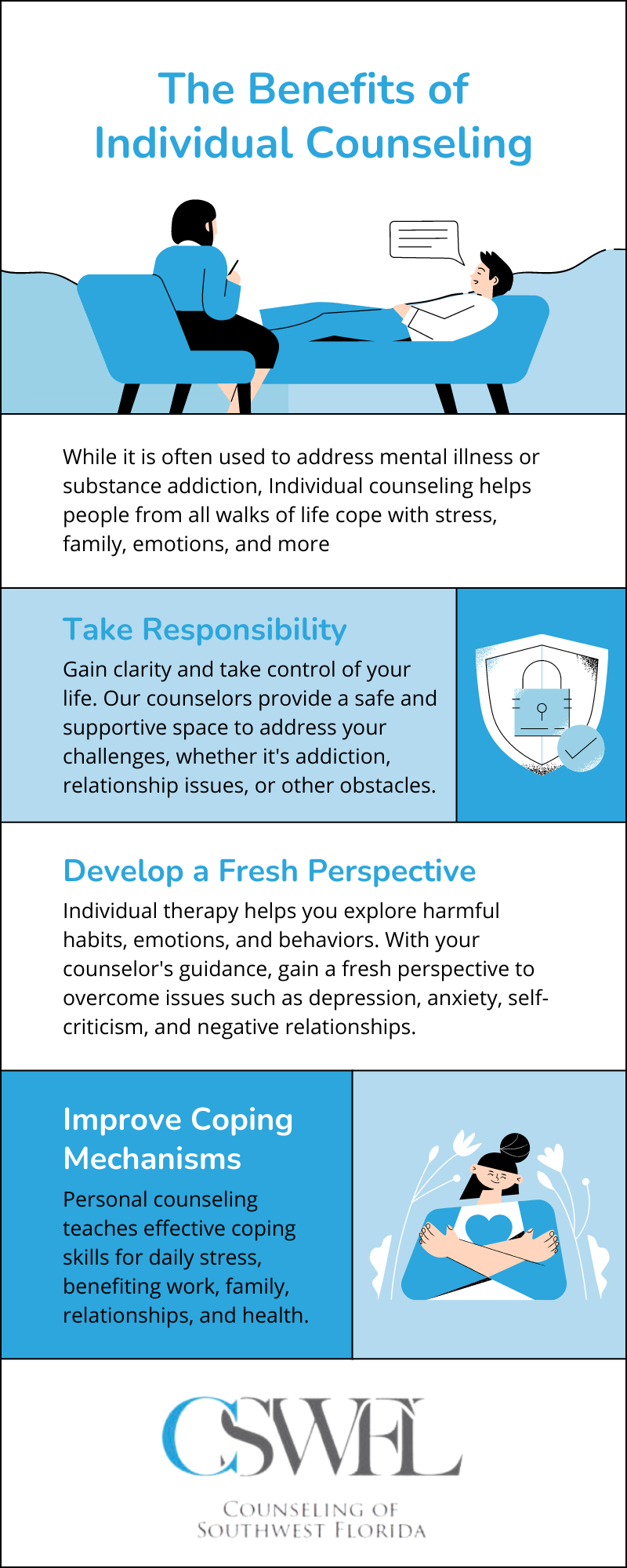Discovering the Benefits of Mental Therapy for Adolescent Wellness and Development
Mental treatment plays an essential role in the health and growth of young adults. Teenage years is a troubled duration noted by psychological and social difficulties. Therapy provides a structured setting for teens to express their feelings and challenge their battles. It equips them with vital devices for strength and communication. As they browse this developing phase, the influence of therapy can be extensive. What specific advantages can emerge from such support throughout these developmental years?

Understanding the Adolescent Mind: Difficulties and Pressures
As teenagers browse the complexities of their developing phase, they encounter many obstacles and pressures that can considerably affect their psychological wellness. This period is noted by substantial physical, psychological, and social adjustments, which can cause sensations of confusion and unpredictability. Peer influence heightens, often resulting in a struggle for approval and identity. Academic expectations can produce additional stress, as the pressure to excel places in a progressively competitive setting.
The arrival of social media introduces a brand-new layer of intricacy, where comparisons to curated online identities can aggravate sensations of inadequacy and stress and anxiety. These elements can lead to emotional distress, including anxiety, clinical depression, and low self-esteem. Recognizing these obstacles is necessary for moms and dads, instructors, and mental health specialists, as it offers understanding into the adolescent experience and highlights the demand for encouraging treatments to foster resilience and well-being during this essential developing stage.
Producing a Safe Space for Expression
Producing a risk-free area for expression is crucial for teenagers navigating their turbulent developmental phase. In therapeutic settings, this setting promotes open dialogue, allowing teens to interact their sensations without concern of judgment. Such areas enable them to discover their feelings and ideas, which is essential for comprehending their identities and experiences.
When teens feel safe and secure, they are more likely to share their battles, including anxiousness, anxiety, or interpersonal conflicts. This open interaction can result in deeper insights and help with individual growth.
Furthermore, a risk-free area motivates creativity and self-reflection, giving teens the flexibility to reveal themselves with numerous electrical outlets, such as art or writing. Establishing depend on in between the specialist and the adolescent is critical, as it underpins the performance of the healing process. Ultimately, creating a safe space for expression acts as a structure for emotional recovery and individual development throughout these formative years.
Establishing Coping Strategies and Resilience

Specialists often introduce methods such as mindfulness, journaling, and analytical abilities, allowing teens to manage their reactions better. Furthermore, by engaging in role-play circumstances, they exercise just how to manage challenging scenarios, reinforcing their self-confidence. In time, these abilities promote a sense of firm, equipping teens with the tools to navigate life's uncertainties. The advancement of resilience not just help in overcoming instant challenges however additionally prepares for healthier emotional reactions in adulthood, inevitably adding to lifelong wellness.
Enhancing Communication Abilities
Efficient communication abilities are crucial for teens as they navigate intricate social landscapes. Mental treatment plays an essential role in boosting these skills, permitting teenagers to share their emotions and ideas a lot more plainly. Through guided sessions, therapists urge teens to articulate their sensations, assisting in far better understanding in peer communications and family characteristics.
Therapy provides a secure space for practicing active listening, empathy, and assertiveness. These abilities encourage teens to involve in meaningful discussions, willpower conflicts, and develop more powerful connections. As they learn to communicate efficiently, they also get self-confidence in their ability to promote for themselves and their demands.
In addition, boosted communication abilities add to psychological intelligence, allowing teenagers to respond and acknowledge to the emotions of others. This alternative advancement promotes a helpful setting, ultimately promoting total well-being and social assimilation. Via psychological therapy, young adults can cultivate these essential abilities for a much healthier social experience.
Promoting Individual Development and Self-Discovery
Promoting individual growth and self-discovery in young adults includes a multifaceted approach that urges understanding of individuality. This process also stresses the relevance of building strength abilities and improving psychological awareness. With each other, these aspects produce a structure for healthier, more positive people as they navigate their developmental years.
Comprehending Personal Identification
How do teenagers navigate the complicated landscape of individual identification as they seek for self-discovery and growth? Throughout this developmental duration, they face various impacts, consisting of peers, family members, and social assumptions. Psychological treatment can function as an essential tool, supplying a safe area for exploration and reflection. Via guided conversations, teenagers can articulate their thoughts and sensations, enabling them to understand their worths, ideas, and needs. This process fosters a much deeper understanding of their unique identity, equipping them to make educated selections and develop a sense of purpose. As they participate in self-discovery, they find out to embrace their individuality and browse difficulties with greater quality, ultimately boosting their total wellness and individual growth.
Structure Strength Abilities

Enhancing Emotional Understanding
Enhancing emotional recognition is critical for young adults maneuvering the complexities of adolescence, as it permits them to recognize and comprehend their sensations better. By participating in mental therapy, teens learn to acknowledge their psychological feedbacks and the triggers behind them. This process promotes personal development and self-discovery, allowing them to express their emotions and handle difficulties extra expertly. As teenagers create emotional understanding, they grow compassion, enhance connections, and improve communication skills. Furthermore, this enhanced awareness help in decision-making, helping them navigate social pressures and establish a sense of identification. Eventually, cultivating psychological understanding with therapy can lead to healthier coping systems and a much more balanced psychological state, basic for prospering during these developmental years.
Building Healthy Relationships and Assistance Systems
While going across the intricacies of adolescence, building healthy and balanced connections and support systems is essential for teenagers. These connections supply emotional stability and a sense of belonging, vital throughout this developing stage. Positive relationships with peers, family members, and coaches can boost self-esteem and resilience, making it possible for teens to navigate difficulties better.
Mental therapy plays a crucial duty in promoting these relationships by equipping teens with communication and conflict-resolution abilities. With therapy, they find out to share their sensations, understand various point of views, and develop limits, which are fundamental for keeping look at here now healthy communications.
Helpful networks encourage young adults to seek assistance when needed, minimizing seclusion and promoting psychological wellness. When teenagers really feel linked to their support group, they are most likely to engage in useful habits and make educated decisions. In general, the farming of healthy connections and support group is instrumental in promoting adolescent health and personal growth
Regularly Asked Inquiries
Exactly how Do I Discover a Certified Specialist for My Teenager?
To locate a certified therapist for a young adult, one must look for suggestions from healthcare carriers, research credentials on-line, inspect testimonials, and determine the therapist specializes in teen problems, cultivating a supportive setting for development.
What Are the Prices Connected With Psychological Therapy for Teenagers?
The costs linked with mental therapy for teenagers differ widely, normally ranging from $50 to $250 per session. Insurance protection, sliding range charges, and regional resources can affect affordability and accessibility for families seeking assistance.
Exactly How Typically Should Teenagers Go To Treatment Procedure?
Teenagers should preferably participate in therapy sessions weekly or biweekly, depending upon private needs. Consistent sessions can foster a secure space for expression, while enabling specialists to check progress and change approaches effectively in time.
Can Treatment Be Reliable for All Teens?
Therapy can be efficient for find more information lots of teenagers, yet specific outcomes vary. Elements such as personal scenarios, visibility to the procedure, and the healing strategy used all affect its effectiveness for every teenage.
What Should Moms and dads Do Throughout Their Young adult's Treatment Refine?
Moms and dads must proactively sustain their teen's therapy procedure by maintaining open interaction, valuing discretion, going to sessions if invited, and motivating their kid's efforts (Individual Counselling Services). Understanding and perseverance are read review crucial as teenagers navigate their personal development trip
Psychological therapy plays a pivotal duty in the health and development of teenagers. By involving in psychological therapy, adolescents find out to acknowledge their emotional responses and the triggers behind them. Psychological therapy plays a pivotal duty in promoting these relationships by equipping teens with interaction and conflict-resolution skills. Young adults must ideally participate in therapy sessions once a week or biweekly, depending on private needs. Moms and dads should proactively support their young adult's therapy procedure by preserving open interaction, appreciating confidentiality, participating in sessions if invited, and urging their youngster's efforts.